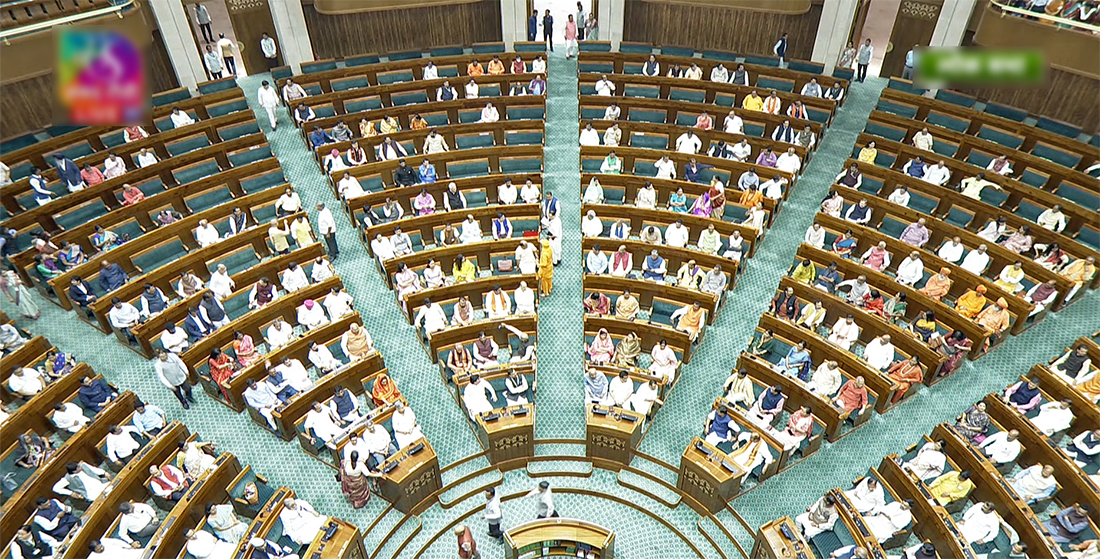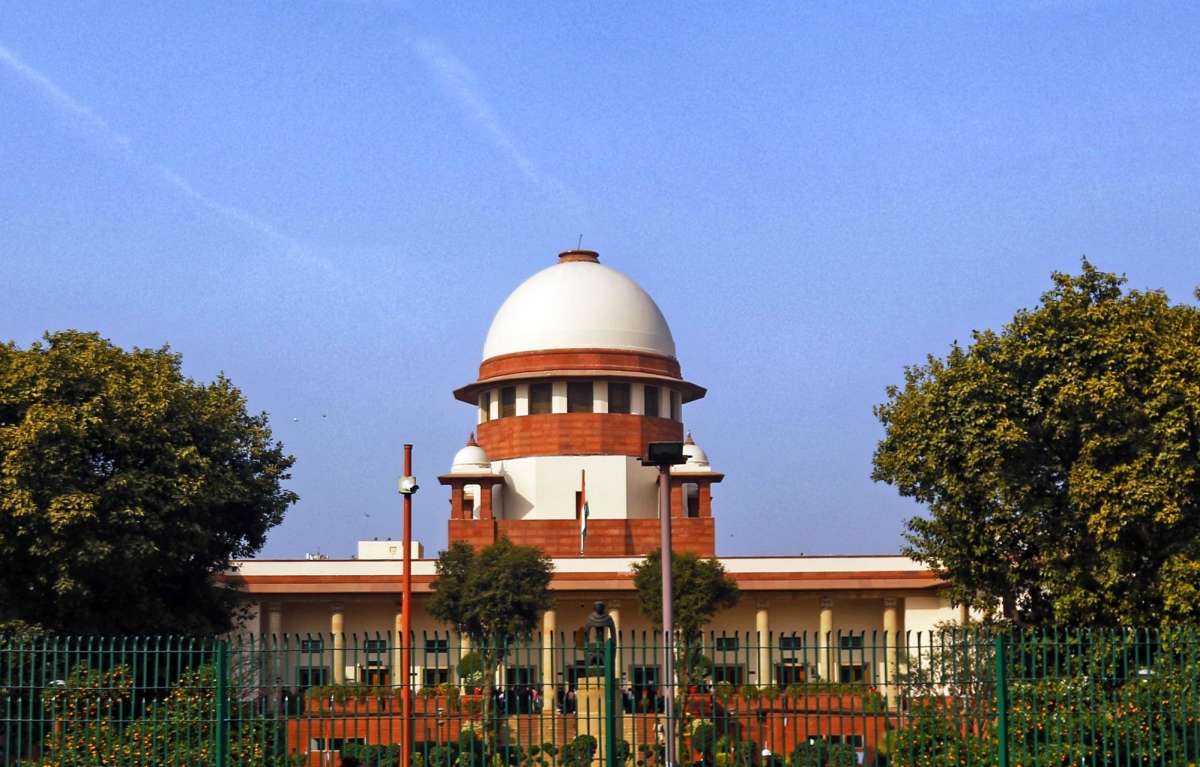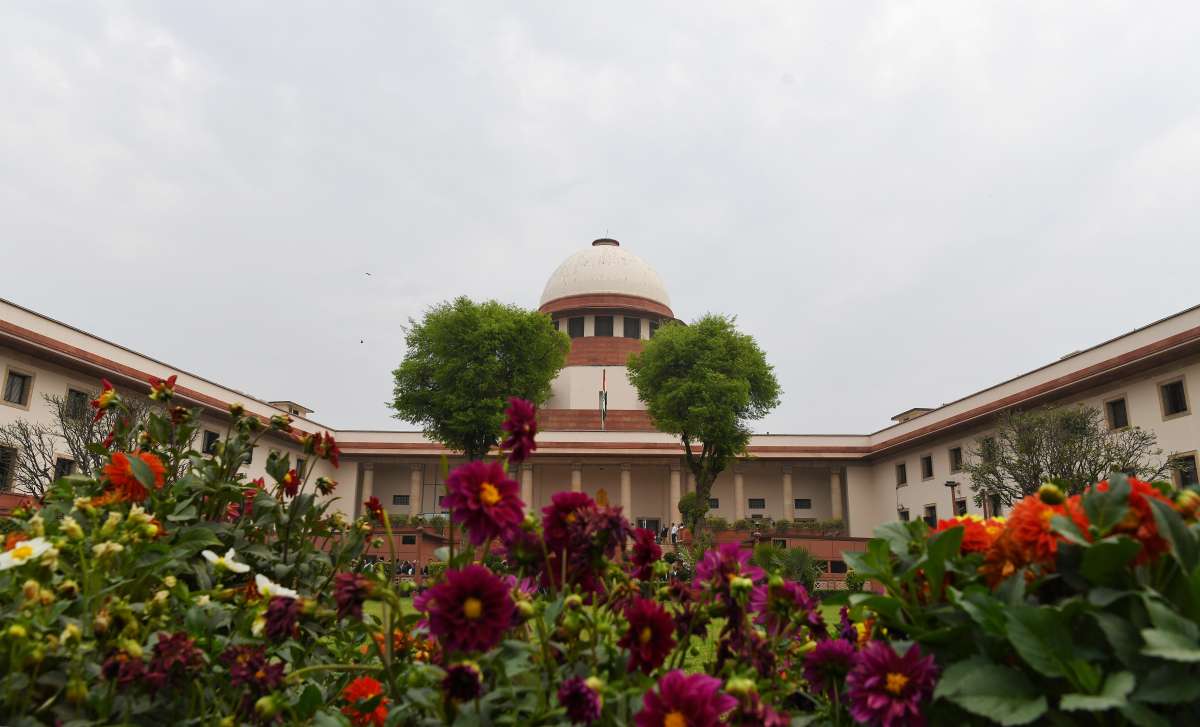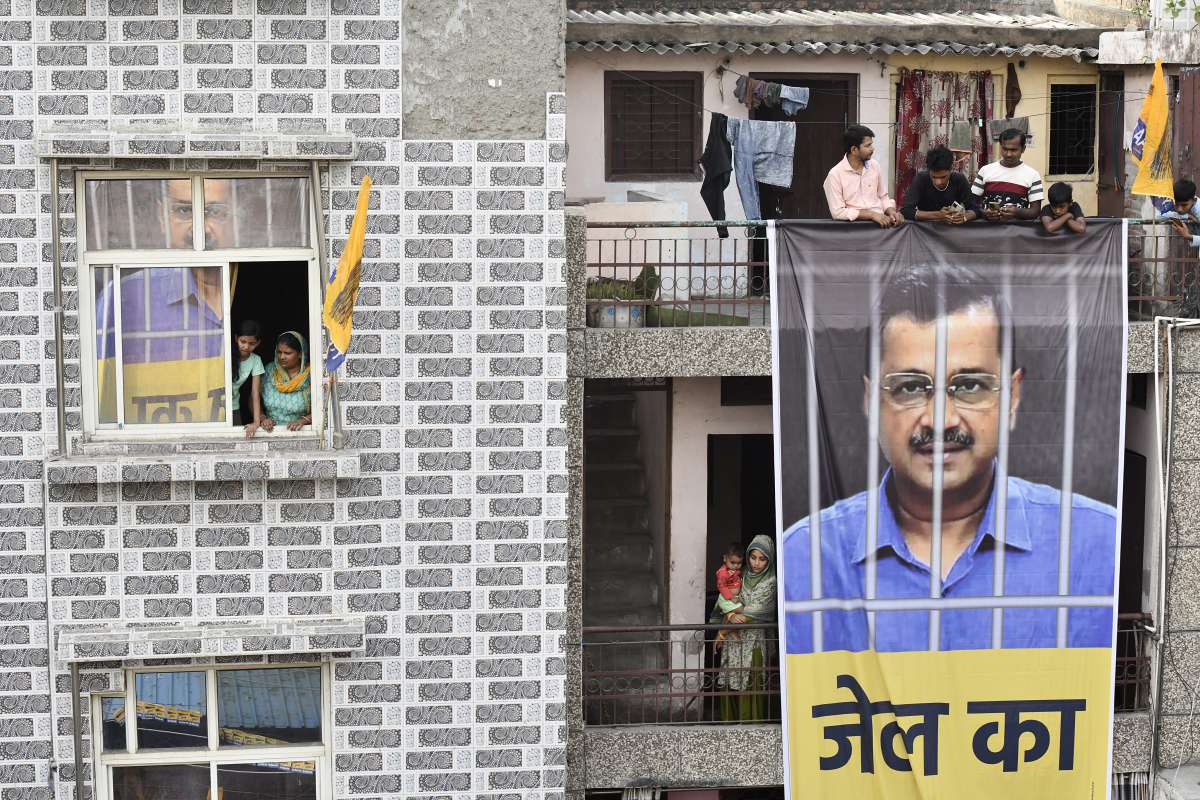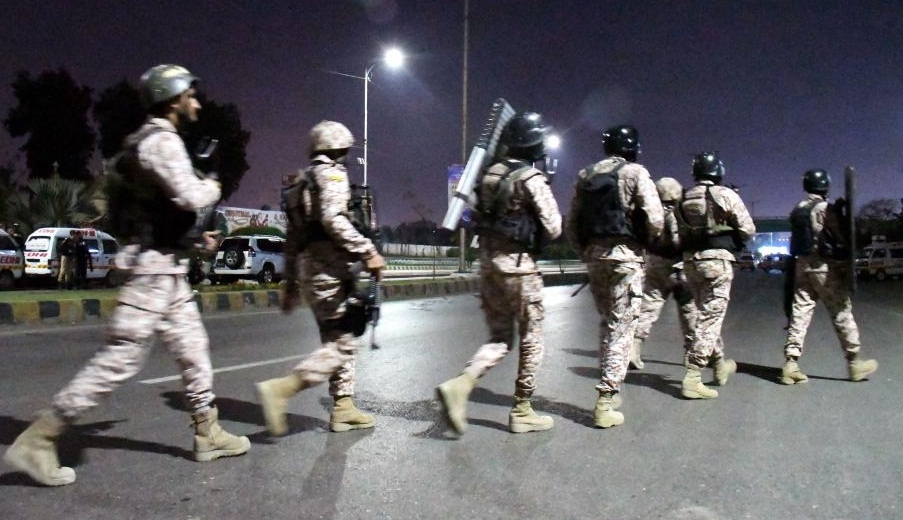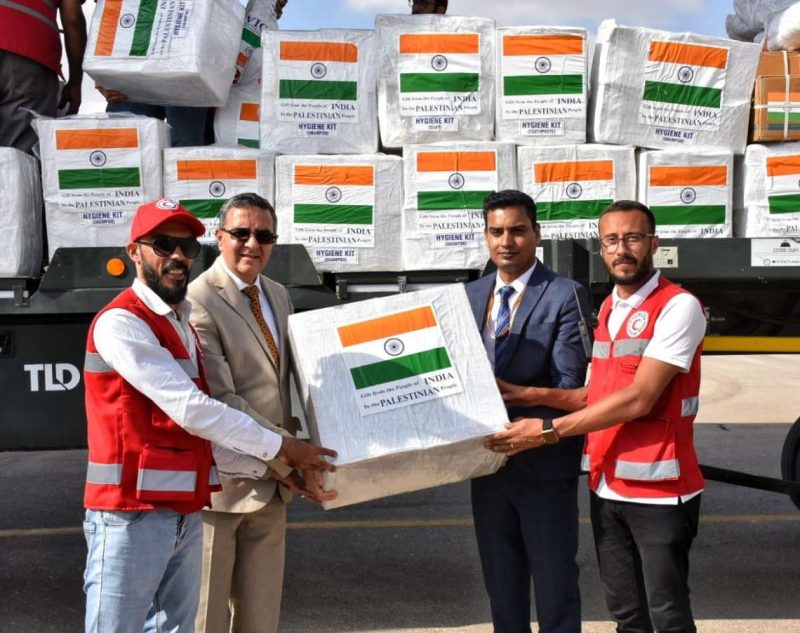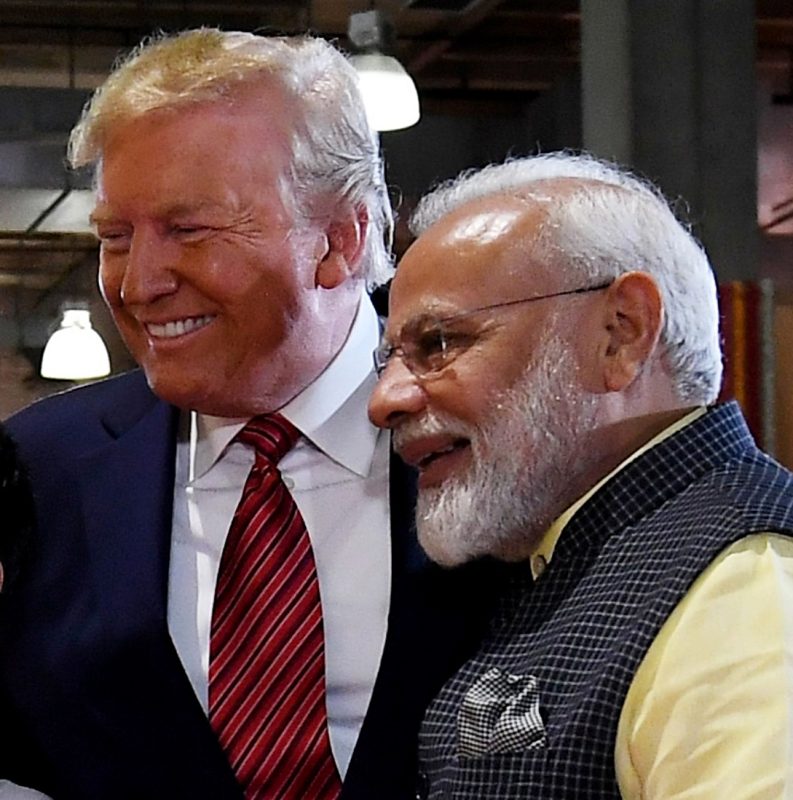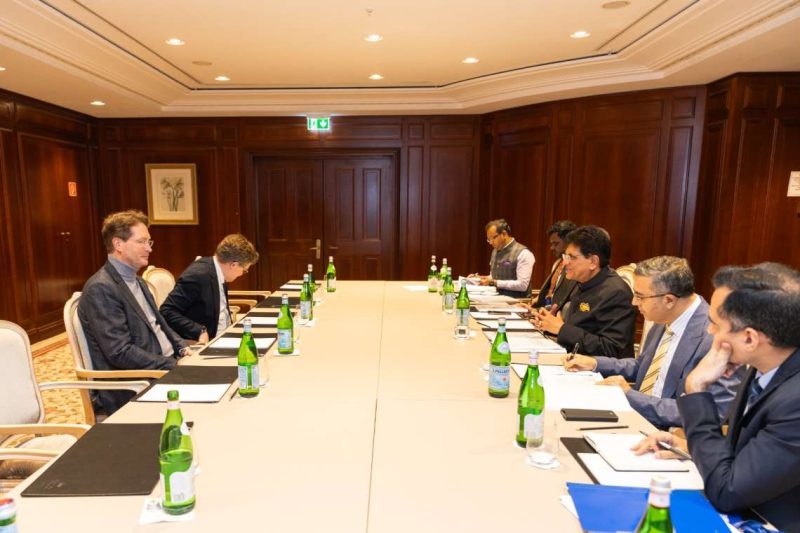Besides CJI Chandrachud, other judges on the bench were Justices BR Gavai, Vikram Nath, Bela M Trivedi, Pankaj Mithal, Manoj Misra, and Satish Chandra Sharma…reports Asian Lite News
A parliamentary panel disclosed that selection panels often unfairly label Scheduled Caste and Scheduled Tribe (SC/ST) candidates as “not suitable” for faculty roles due to biased assessments, depriving them of rightful opportunities.
The report, submitted to the Lok Sabha, scrutinised the role of various educational institutions in the socio-economic development of SC/ST communities. It dismissed the government’s claim of a scarcity of qualified candidates, asserting that SC/ST applicants are often equally competent but fall victim to prejudiced evaluations.
The panel, led by Lok Sabha MP Kirit Premjibhai Solanki, highlighted the absence of SC/ST representation in selection committees, urging mandatory inclusion to ensure fair representation and policy participation. Furthermore, it criticised the lack of reservation in super-specialty courses, resulting in the exclusion of SC/ST candidates and the dominance of unreserved faculty members.
The report advocated for the enforcement of reservation policies in all super-specialty fields, proposing specialized training opportunities abroad to enhance SC/ST representation.
Meanwhile, the Central Government on Wednesday submitted before the Supreme Court that it is in favour of doing sub-classifications among Scheduled Tribes and Scheduled Castes.
Solicitor General (SG) Tushar Mehta informed a seven-judge bench led by Chief Justice of India DY Chandrachud.
Besides CJI Chandrachud, other judges on the bench were Justices BR Gavai, Vikram Nath, Bela M Trivedi, Pankaj Mithal, Manoj Misra, and Satish Chandra Sharma.
The Seven Judge Constitution Bench was dealing with issues relating to the sub-classification of reserved communities like SCs and STs.
Appearing for Centre, SG Mehta said that the reservation benefits available are limited in nature.
He submitted that the enabling of sub-classification of SC/ST and other backward classes would provide the Central government and the State government, with the appropriate free-play in joints, to frame appropriate policies in furtherance of the high constitutional ideal of social justice, which seeks to achieve de-facto equality of opportunity.
The State can only provide for a limited number of seats in government higher education institutions and posts in the government services which are reserved.
The said seats and the posts are even otherwise a scarce commodity and therefore required to be re-distributed rationally. Considering the scarce nature, the community must be distributed efficiently and for the actual purpose it seeks to achieve, he said
To achieve the actual objective behind reservations, rationalisation is key and proliferation and deepening of the reservation benefits are necessary. The sub-classification of the benefits is a key measure that goes a long way to achieve the said objective. This ensures that there is a trickle-down effect of reservations, SG Mehta submitted.
The Constitution permits reservations at the level of higher education, entry-level in the government service sector, and promotion in government services. The persons who would most likely be capable of taking benefit of this earmarking of seats/posts would be persons who are relatively “forward” within the backward class, the government said.
ALSO READ-EU, India join forces in New Delhi against terror drones


